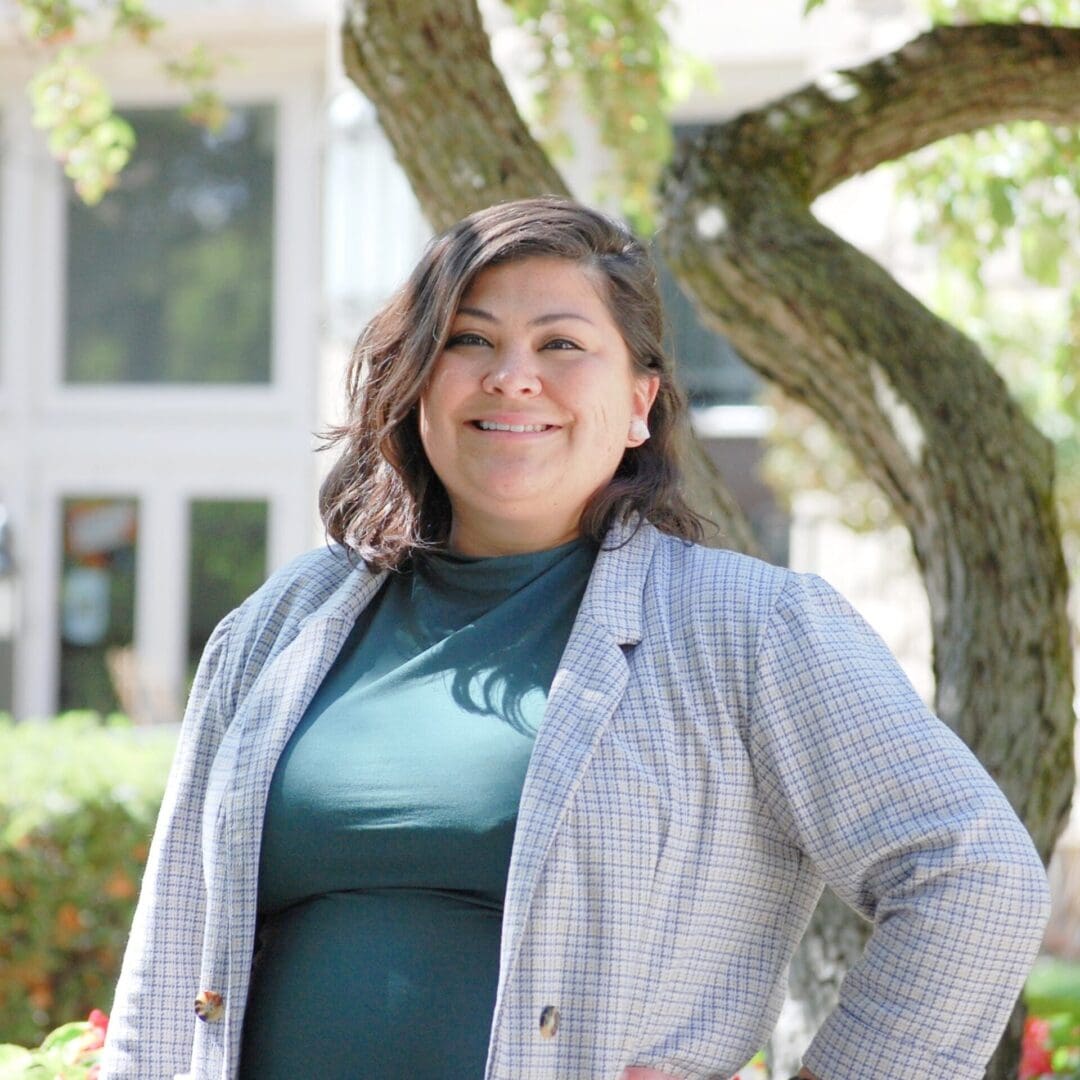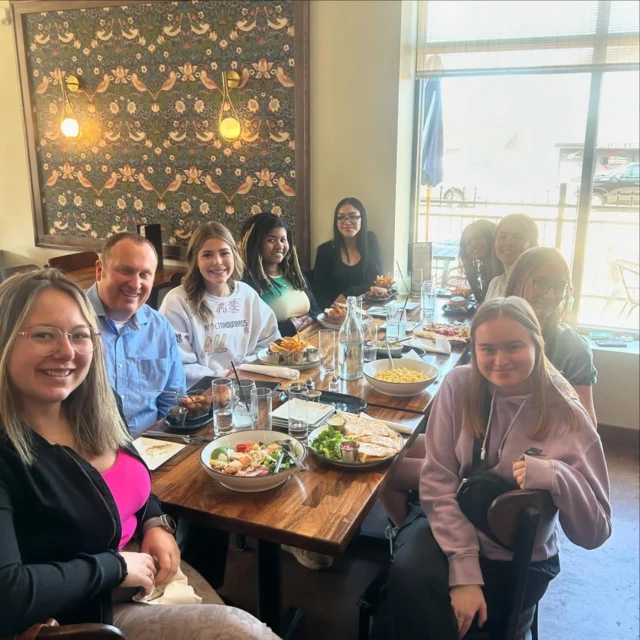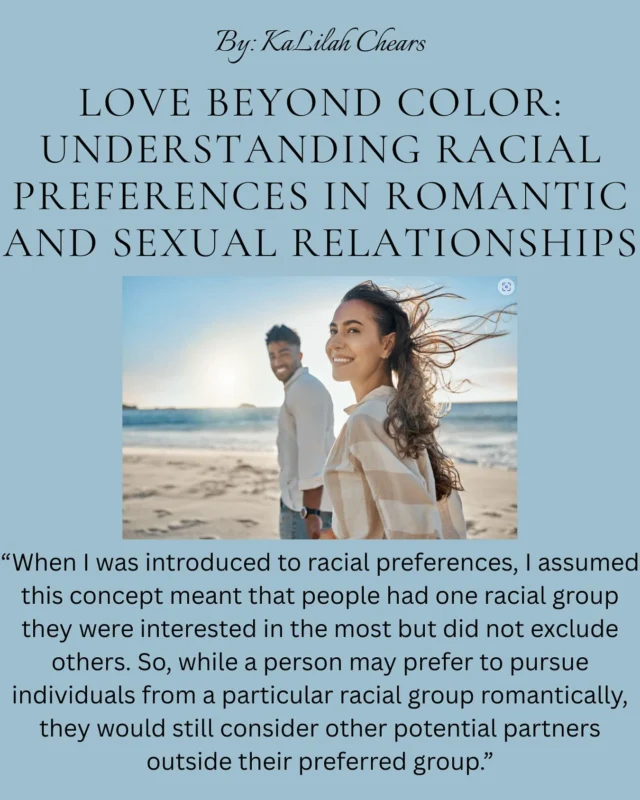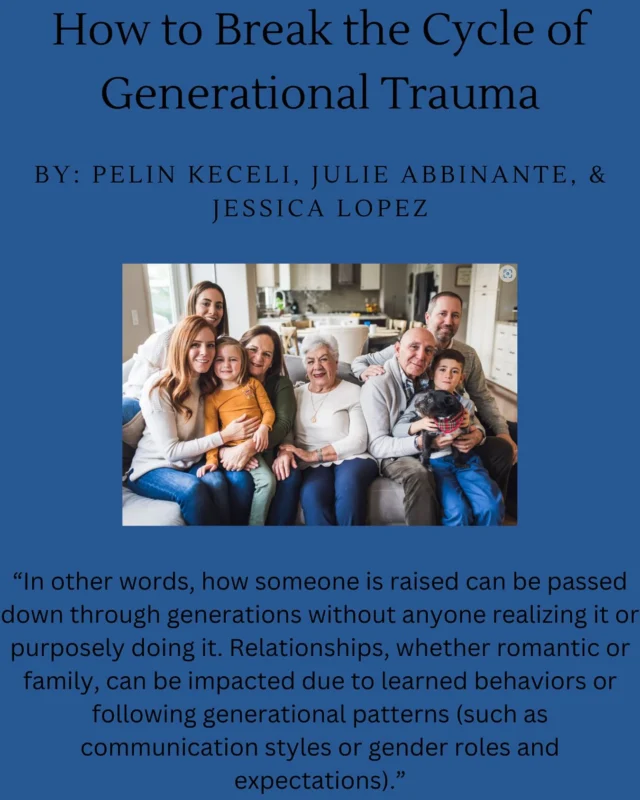Couples often focus on floral arrangements, rings, and honeymoon plans while preparing for marriage. However, conflict management, finances, and future goals are equally crucial topics discussed in premarital counseling and relationship education. Recent data shows a higher marriage rate than pre-pandemic in the United States (Wang, 2023). Premarital counseling acts as a preventive measure against divorce, reducing the chances of divorce by 31% for proactive couples (Stewart, 2017). Premarital counseling and relationship education lay the groundwork for more robust and more meaningful relationships before marriage, fostering the potential for a healthy and prosperous union. This blog aims to provide insights into premarital counseling and relationship education and the benefits, such as improved communication skills, managing expectations, and nurturing emotional intimacy.
I (Dr. Sibley) am a licensed Marriage and Family Therapist in the state of Illinois and have been working with couples in therapy for 13 years. Consistently as a I have worked with couples preparing for marriage, I have found that if I provide relationship education (i.e., Gottman, Prep) and couples work to apply what they are learning they report that their relationship is stronger, they feel more unified, committed, and their communication improves. Relationship education and premarital counseling can help couples protect and solidify their relationship. As we have discussed previously on this blog, our family of origin can be very impactful on the way we function in relationships. Premarital counseling can help couples have a safe and open discussion about how they have been influenced by their parents’ relationships, and the impact of past romantic relationships. There great deal of evidence that relationship education is effective and can improve couple relationships. Research indicates that individuals and couples who are at greater risk receive the most benefit from relationship education. As explained by Stanley et al. (2020):
“Indicators of risk that have been associated with more benefit from relationship education include higher levels of relationship distress (Carlson et al., 2017; Hawkins & Erickson, 2015; Williamson et al., 2015); cohabitation before committing to marriage (Rhoades, Stanley, Markman, & Allen, 2015); infidelity history (Allen et al., 2012); and sociodemographic risks, such as family instability, economic disadvantage, and minority status (e.g., Amato, 2014; Halford, Sanders, & Behrens, 2001; Stanley et al., 2014). Conversely, there is evidence that those with especially acute problems (i.e., aggression and alcohol abuse) may benefit less (Williamson et al., 2015).”
Understanding Premarital Counseling and Relationship Education
Relationship education has seen significant growth in the past decades, aiming to help individuals build and maintain healthy romantic relationships and marriages, which are crucial for the well-being of adults, families, and children (Stanley et al., 2020). Premarital counselors, who are mental health professionals, play a key role in providing support, guidance, and education to couples preparing for marriage, facilitating essential discussions about their future together. Furthermore, couples who engage in premarital counseling are more likely to prioritize relationship maintenance in the future, a concept known as the gateway effect (Williamson et al., 2018). By actively working towards establishing a solid foundation, couples are more receptive to seeking ongoing support from mental health professionals to ensure the success of their relationship.
The objectives of relationship education can vary from nurturing and improving existing relationship qualities to addressing and resolving relational challenges that couples may face currently (Stanley et al., 2020). Couples in relationship education are encouraged to collaborate to effectively communicate their concerns and aspirations for their current and future relationship and family. Essential relational attributes such as honesty and fairness are emphasized and integrated into the fabric of the relationship. Balancing differing cultural backgrounds, upbringing, ideas of intimacy, and conflict resolution can be challenging in a new relationship. Seeking guidance from a professional to navigate the process of integrating personal values within a romantic relationship can be beneficial.
Enhanced Communication Skills
Communicating effectively with our partners is crucial for establishing clarity and understanding and setting the tone for our relationships and households. Improved communication skills are essential for building the foundation of a long-lasting and fulfilling union. Vital aspects of communication skills include:
- Active Listening: In a romantic relationship, conversations are not just about the topic at hand but also about the dynamics and intricacies of the relationship itself (Korobov, 2023). The objective of active listening in a partnership is for each person to truly understand the other’s perspective rather than solely focusing on their response. The couple’s therapist actively listens to them and encourages them to practice essential skills such as making eye contact, observing nonverbal cues, and summarizing each other’s points during conversations.
- Conflict Resolution: In a romantic relationship, the couple’s ability to handle conflicts effectively can significantly impact the overall health, functioning, and long-term success of the relationship (Merolla & Harman, 2016). A qualified therapist can assist the couple in identifying emotional patterns, addressing recurring triggers, reframing negative thought patterns, and exploring each other’s family backgrounds, which may influence their relational dynamics. Successful conflict management is crucial for equipping the couple to navigate challenges in their marriage, fostering emotional intimacy, and promoting healthy relationship dynamics.
- Expression of Needs: To build trust and mutual understanding, couples must master effectively communicating their needs. A couples therapist offers a secure environment for delicate discussions that the partners might typically shy away from. The therapist deliberately validates each partner’s emotions to promote openness and empathy.
Setting Realistic Expectations
Before getting married, it’s important for both partners to have a clear understanding of each other and their expectations. Premarital counseling provides an opportunity for couples to delve into their individual beliefs about marriage and work towards aligning their expectations. Couples should expect to grow and evolve together as they navigate life’s transitions, which often introduce new roles and responsibilities. They may also want to openly discuss their concerns about facing challenges together, learning how to compromise, and gaining insight into each other’s perspectives. The couples’ therapist can help normalize the fears that the couple may have, encouraging an open discussion about how to handle the difficulties they may face as a couple.
When managing expectations, it’s important to consider roles and responsibilities. This can include areas such as financial management, household chores, and parenting. Assumptions about each other often come with these roles, so open communication about needs and desires is essential. Couples should be prepared to negotiate and find mutual compromises. It’s also important to be aware of cultural influences on gender roles, as differing beliefs may need to be addressed to prevent misunderstandings.
It’s essential to have open discussions about your plans and aspirations for the future before getting married. Each person may have individual or shared goals that need to be addressed. Future career changes could lead to potential relocations for the couple. Conversations about family planning, including the timeline for starting a family, the number of children, and parenting styles, are crucial. It’s also important to talk about how you’ll support each other in achieving these goals and milestones.
Strengthening Emotional Intimacy
In counseling, couples can find a supportive environment to express their emotions and learn to intentionally acknowledge each other. It’s a safe space for both partners to explore their feelings without fear of judgment, and this understanding fosters a stronger, more supportive bond. As a result, many conflicts can be resolved more effectively because the couple gains a deeper understanding of how to best support each other during challenging times. This may be a time for the couple to address past issues, develop a plan to minimize future problems and establish a trustworthy foundation.
To cultivate a strong relationship, it is vital for each partner to experience emotional support from one another. A premarital counselor plays a pivotal role in this process by facilitating open discussions about each partner’s innermost thoughts and feelings. This allows the couple to establish a deep emotional connection and support within their relationship. The counselor assists the couple in identifying the origins of their insecurities and recognizing negative interaction patterns that have affected their past or current relationships. They also encourage the development of new relational behaviors, such as using “I” statements to avoid placing blame and raising awareness of how specific actions impact the relationship dynamics.
Marital interventions, especially before marriage, have produced significant changes vital for marital health (Duncan, 2021). If you are engaged or planning on getting married in the future, we strongly recommend attending premarital counseling or relationship education workshops. You can benefit from attending individually, but we believe attending as together as couple could be especially beneficial. We believe this can be very important investment for you and your partner as you prepare for your future marriage.
We recommend the following resources for couples or selecting a therapist that has the following training:
References
- Duncan, S. (2021). Do marital interventions work? [Blog post]. Institute for Family Studies. Retrieved from: https://ifstudies.org/blog/do-marital-interventions-work
- Korobov, N. (2023). A discursive approach to young adult romantic couples use of active listening to manage conflict during natural everyday conversations. International Journal of Listening, 37(3), 227-241.
- Merolla, A. & Harman, J. (2018). Relationship-Specific hope and constructive conflict management in adult romantic relationships: Testing an accommodation framework. Communication Research, 45(3), 339-364.
- Stanley, S., Carlson, R., Rhoades, G., Markman, H, Ritchie, L, & Hawkins, A. (2020). Best practices in relationship education focused on intimate relationships. Family Relations, 69, 497–519.
- Stewart, D. (2023). Premarital counselor: Helping couples stay together. [Blog post]. Alliant International University. Retrieved from: https://www.alliant.edu/blog/premarital-counselor-helping-couples-stay-together
- Wang, W (2023). The U.S. marriage rate rebounds to its pre-pandemic level. [Blog post]. Institute for Family Studies. Retrieved from: https://ifstudies.org/blog/the-us-marriage-rate-rebounds-to-its-pre-pandemic-level
- Williamson, H., Hammett, J., Ross, J., Karney, B., & Bradbury, T. (2018). Premarital education and later relationships are help-seeking. Journal of Family Psychology, 32(2), 276–281.
Discover more from Decide To Commit
Subscribe to get the latest posts sent to your email.












